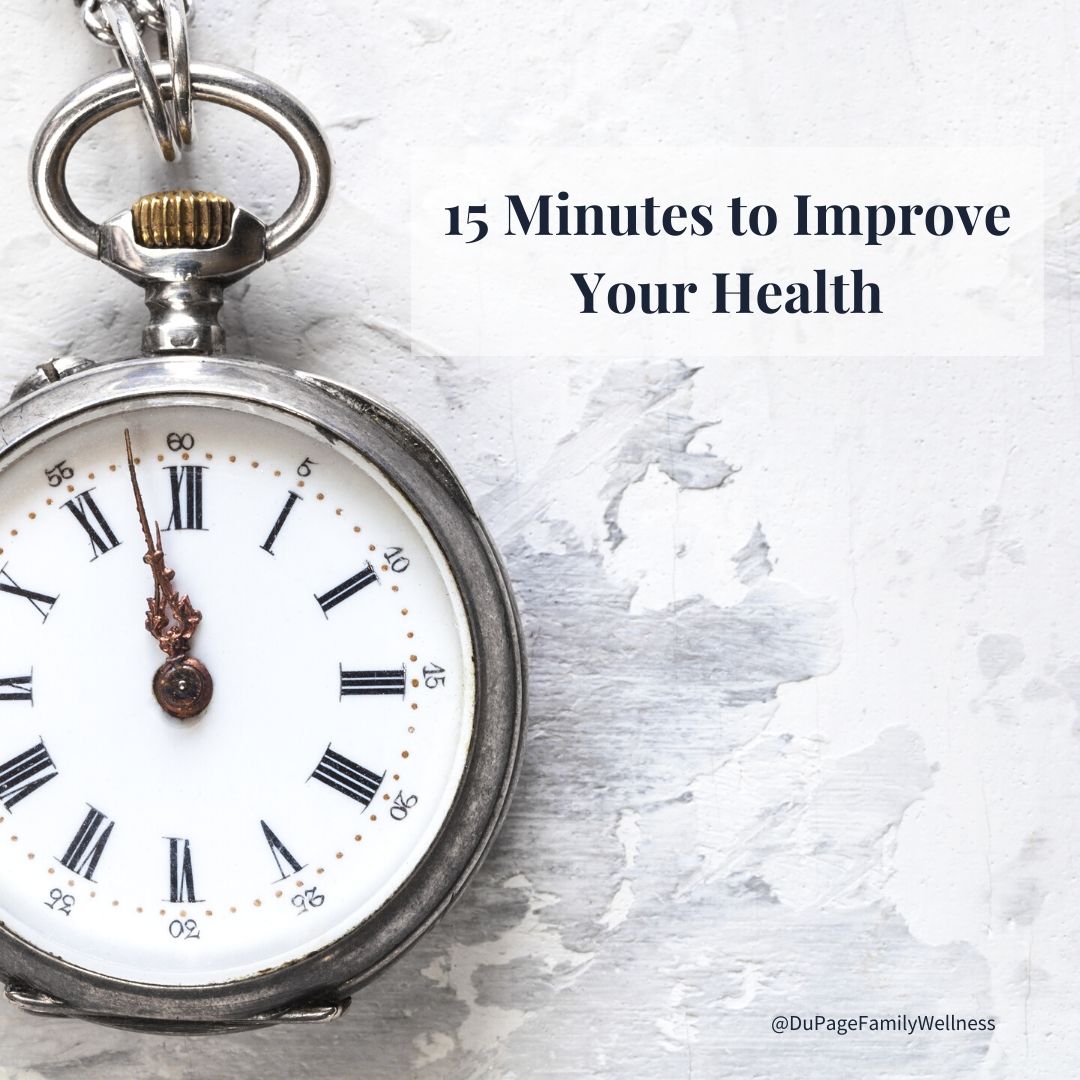 Many people are experiencing the benefits of journaling for 15 minutes a day!
Many people are experiencing the benefits of journaling for 15 minutes a day!
While keeping a journal is an ancient practice, it has become extremely popular today and has attracted the attention of many research scientists. This simple exercise can have a profound effect on both your mental and physical health.
It is amazing to see the research confirm what proponents of journaling have told us all along. As we look at the benefits of journaling it becomes clear that this inexpensive, simple practice is an investment worth our time.
What is Journaling?
Journaling is a way to express yourself freely through the written word. This can take on many different forms and there are no rules to how this is done.
Many people simply start writing about their day, something that is bothering them, or a problem they are trying to solve. Getting their emotions out on paper helps clarify their experience and releases emotion. Other people use their journal to remind themselves about what they have accomplished, while others focus on things for which they are grateful.
Some people find that it is helpful to use a prompt to start journaling. Questions or inspirational quotes make good journal prompts, encouraging people to consider things they otherwise might overlook. The important thing is to let the writing flow freely without censoring yourself.
Tips for Journaling
- Confidentiality: Journals should be considered a private space. Most people feel more liberty to share their thoughts when they know other people will not read them. From time to time you may choose to share a portion of their journal with a trusted friend, but it should be assumed that writings are for the person journaling and no one else.
- Uncensored & Unedited: Journals are a place to get thoughts down on paper as freely as possible. Discoveries are best made when you get in a flow and don’t think too hard. For this reason it is best not to censor or edit your work. Give yourself permission to get it out on paper. Tap into those thoughts that otherwise would remain unconscious. Don’t let grammar or punctuation weigh you down.
- Structure: Use whatever structure you are drawn to in the moment. At times words will flow freely and you may write paragraphs at a time. Other days you may struggle to write a single sentence, but may fill the page with words or phrases. And at times a drawing or doodle will be the most appropriate expression. It doesn’t matter the structure or form as long as you are intentionally expressing yourself.
- Consistency: Writing in a journal consistently brings about the most benefit. It doesn't have to take a lot of time. Just 15-20 minutes of journaling each day is enough to impact your emotional and physical wellbeing.
Benefits of Journaling
When you take the time to explore your experiences through the written word you are able to process then in a unique way. You clarify your perspective, express your emotions, and gain insight into the situation as a whole. It is almost like confiding in a trusted friend, but the process of writing also engages the brain in a unique way.
According to Maud Purcell, a psychotherapist and journaling proponent, “writing accesses the left hemisphere of the brain, which is analytical and rational. While your left brain is occupied, your right brain is free to do what it does best, i.e. create, intuit, and feel. In this way, writing removes mental blocks and allows us to use more of our brain power to better understand ourselves and the worlds around us.” This type of self awareness has a powerful impact on our emotional wellbeing.
Research shows that there are many physical benefits of expressive writing as well. Dr. James Pennebaker, a leading researcher in the field says, “We know from multiple studies that there are enhancements in immune function, drops in blood pressure, improvements in sleep, and drops in other markers of stress. People go to the doctor less in the months after expressive writing. Other studies find faster wound healing, greater mobility among people with arthritis, and the list goes on.”
While it's interesting to hear what experts say, the best way to check out these benefits is to try it for yourself!
When we journal we give ourselves a voice. As we learn to value our inner world, honoring our inner needs and desires, we take one more step on the journey to true health!
If you journal, I'd love to hear about your journaling practice and what it's meant to you. And if you don't, perhaps now would be the perfect time to start.
Dr. Jamie

